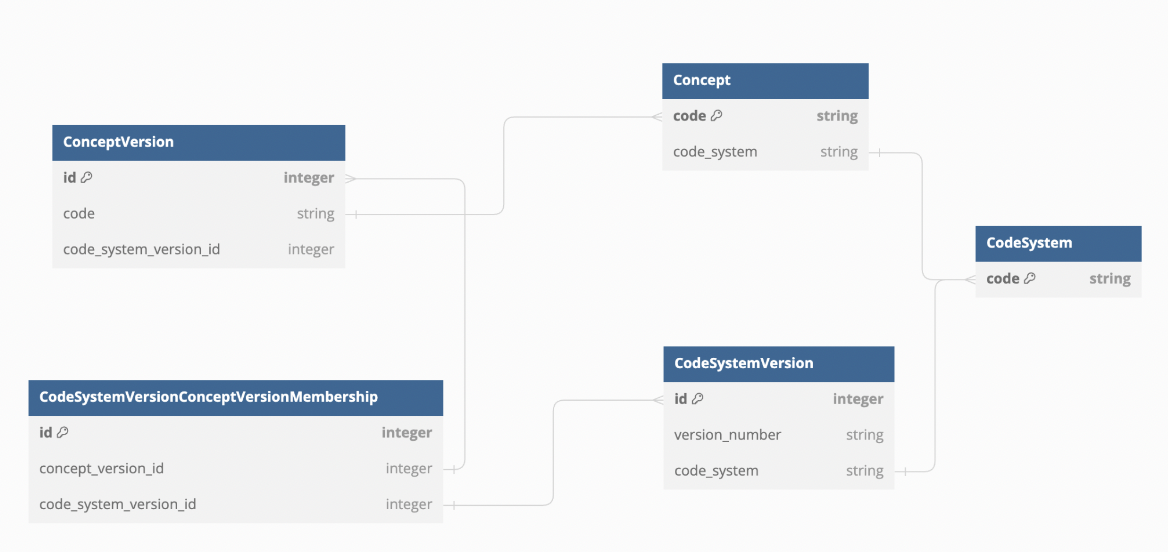Code system
enIn the context of clinical terminology and healthcare informatics, a code system refers to a standardized method or system used to represent and encode medical concepts, clinical terms, and healthcare information in a structured and uniform manner. Code systems are essential for accurately and consistently capturing, storing, and exchanging healthcare data within electronic health records (EHRs), health information systems, and across different healthcare organizations.
Here are some key points about code systems in the context of clinical terminology:
Standardization
Code systems provide a standardized way to represent clinical information, ensuring that healthcare data is consistent and interpretable across different healthcare settings and systems. This is crucial for interoperability in healthcare.
Numeric or alphanumeric codes
Code systems often assign unique codes to specific medical concepts, conditions, procedures, medications, and other healthcare-related information. These codes can be numeric (e.g., ICD-10 diagnosis codes) or alphanumeric (e.g., SNOMED CT concepts), and they serve as identifiers for specific healthcare terms.
Terminologies
Many clinical terminologies and classifications use code systems. For example, the International Classification of Diseases (ICD), SNOMED CT, LOINC (Logical Observation Identifiers Names and Codes), and RxNorm are examples of clinical terminologies that rely on code systems to represent healthcare concepts.
Cross-referencing
Code systems often include mechanisms for cross-referencing codes to related concepts, enabling healthcare professionals to navigate and find relevant information efficiently. This is crucial for clinical decision support and data retrieval.
Updates and maintenance
Code systems are regularly updated to reflect changes in medical knowledge, advances in healthcare practices, and the introduction of new concepts. These updates ensure that the terminology remains current and relevant.
Versioning
Versioning of code systems and concepts is an important aspect of managing clinical terminologies and healthcare data.
Code systems are updated for various reasons, including the addition of new concepts, modifications to existing concepts, corrections of errors, and enhancements to accommodate changes in clinical knowledge or healthcare practices. At the same time concept changes also have to be stored. Versioning of concepts allows to change concept data only for certain version of code system.

Relations
To manage code systems, you must understand the relationships between data objects. The following diagram gives a conceptual overview of the relationships.
The following user interface implements CRUD functionality for management of the code properties, versions, concepts, concept versions, and relations between code system versions and concept versions.